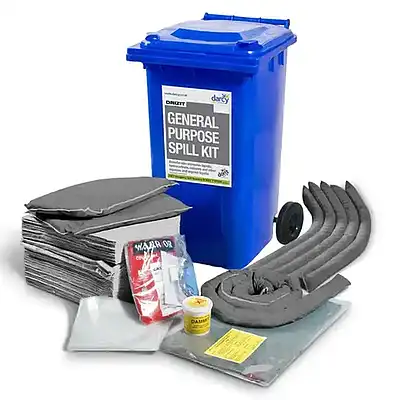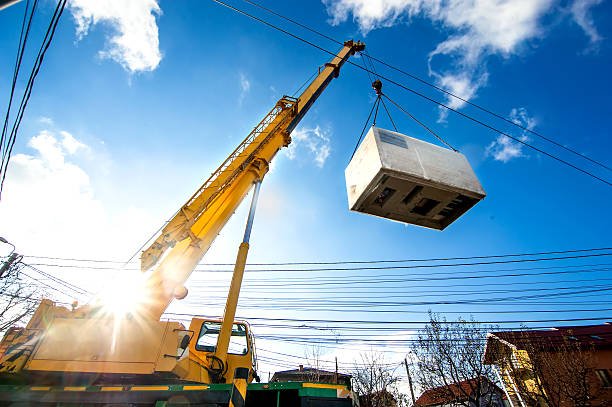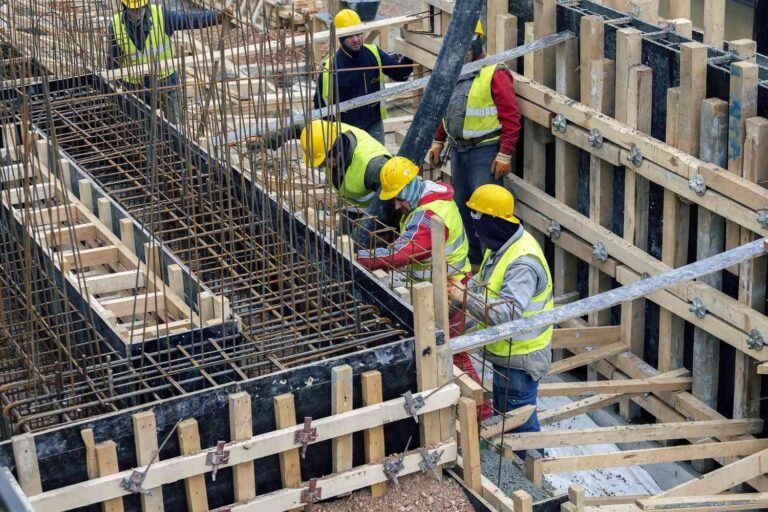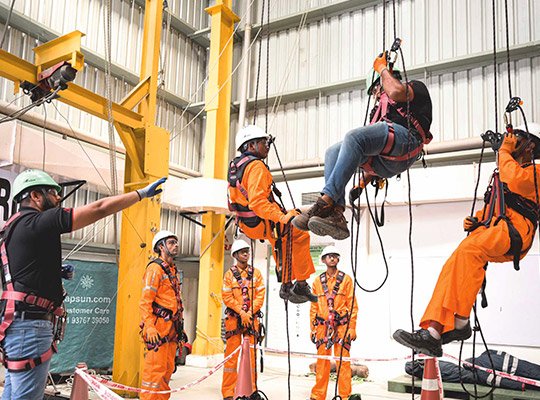Spill Control and Containment – 12 Modules | One Day USD: 150/- and Two Day USD: 250/- Per Pax.
Description
Module 1: Introduction to Spill Control
- Importance of spill control and containment in workplace safety
- Types of spills: chemical, oil, fuel, and hazardous materials
- Regulatory requirements (OSHA, EPA, ISO 14001, NFPA)
Module 2: Identifying Spill Hazards
- Common sources of spills in workplace operations
- Chemical, physical, and biological hazards
- Risk assessment for potential spills
Module 3: Spill Risk Assessment and Planning
- Evaluating severity and potential impacts
- Developing spill control and containment plans
- Assigning roles and responsibilities
Module 4: Personal Protective Equipment (PPE)
- Selecting appropriate PPE based on spill type
- Gloves, goggles, face shields, and protective clothing
- PPE maintenance, inspection, and proper usage
Module 5: Spill Containment Techniques
- Immediate containment methods: dikes, berms, and absorbents
- Isolation of affected areas
- Preventing spill spread to drains, soil, or water sources
Module 6: Spill Cleanup Procedures
- Neutralization, absorption, and collection
- Safe disposal of contaminated materials
- Decontamination of surfaces and equipment
Module 7: Emergency Response and Evacuation
- Alarm and communication protocols
- Evacuation procedures for large or hazardous spills
- Coordination with emergency responders
Module 8: Spill Kits and Equipment
- Types of spill kits and their components
- Placement and accessibility in workplace
- Proper use and replenishment of kits
Module 9: Environmental Protection Considerations
- Preventing soil, water, and air contamination
- Containment strategies for environmentally sensitive areas
- Compliance with environmental regulations
Module 10: Documentation and Reporting
- Incident reporting procedures
- Maintaining logs for regulatory compliance
- Root cause analysis and corrective actions
Module 11: Training and Drills
- Conducting spill response drills
- Evaluating effectiveness of response and containment
- Refresher training and competency assessment
Module 12: Continuous Improvement and Safety Culture
- Lessons learned from incidents and near misses
- Updating spill control and containment procedures
- Promoting proactive spill prevention culture
View more Courses
Hi, Welcome back!






